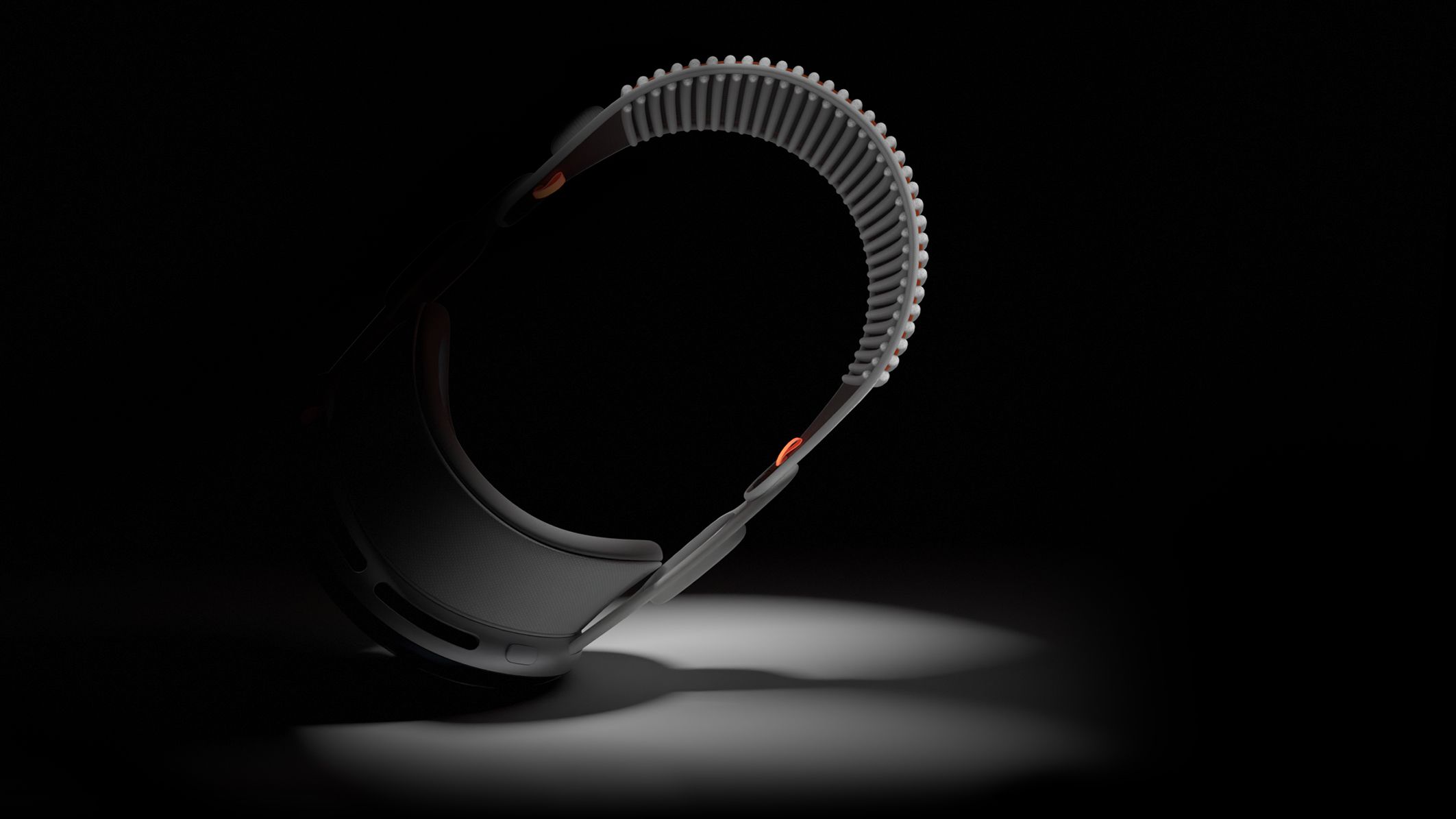How a Keyboard Mod Led Me to Vim (And Why I Never Went Back)
About four years ago, when I was just starting out with programming and web development, I quickly realized that moving my fingers off the home row to press the arrow keys was super inefficient and annoying. I thought, “If only I could press the arrow keys with my thumbs, that would be way better.” Around that time, I had also started tinkering with electronics, so I decided to hack my keyboard to bring the arrow keys closer to my thumbs. Hacking My Keyboard When I opened up my keyboard, I was greeted with a maze of circuit traces on a membrane sheet. I thought, “Man, this is too complicated, and I really don’t want to break my keyboard.” I was about to give up when an idea hit me—I took a photo of the membrane sheet and traced the lines connected to the arrow keys in a photo editor. Once I figured out which pins triggered the arrow keys, I tested them with an alligator clip to make sure they worked. Connecting Wires to the Pins As you can see in the image, there’s a metal bar screwed over the pins to keep the membrane circuit connected to the controller board, so soldering wasn’t an option. Luckily, I had some aluminum foil lying around, so I made a few flexible ribbons, attached wires to them, and after some trial and error, I managed to put them on the right pins. I then screwed the metal cover tightly over the membrane sheet and secured everything with hot glue. Adding the Arrow Keys I took four push switches and super-glued them to the side of my keyboard where my thumbs could reach. Then, I grabbed four keycaps from my broken laptop keyboard and super-glued them on top of the switches. The final mapping looked like this: [Home] [PgUp] [PgDn] [End] [ ← ] [ ↑ ] [ ↓ ] [ → ] It took about four and a half hours, but everything worked perfectly. Life was good for a few months

About four years ago, when I was just starting out with programming and web development, I quickly realized that moving my fingers off the home row to press the arrow keys was super inefficient and annoying.
I thought, “If only I could press the arrow keys with my thumbs, that would be way better.” Around that time, I had also started tinkering with electronics, so I decided to hack my keyboard to bring the arrow keys closer to my thumbs.
Hacking My Keyboard
When I opened up my keyboard, I was greeted with a maze of circuit traces on a membrane sheet.
I thought, “Man, this is too complicated, and I really don’t want to break my keyboard.” I was about to give up when an idea hit me—I took a photo of the membrane sheet and traced the lines connected to the arrow keys in a photo editor. Once I figured out which pins triggered the arrow keys, I tested them with an alligator clip to make sure they worked.
Connecting Wires to the Pins
As you can see in the image, there’s a metal bar screwed over the pins to keep the membrane circuit connected to the controller board, so soldering wasn’t an option. Luckily, I had some aluminum foil lying around, so I made a few flexible ribbons, attached wires to them, and after some trial and error, I managed to put them on the right pins. I then screwed the metal cover tightly over the membrane sheet and secured everything with hot glue.
Adding the Arrow Keys
I took four push switches and super-glued them to the side of my keyboard where my thumbs could reach. Then, I grabbed four keycaps from my broken laptop keyboard and super-glued them on top of the switches.
The final mapping looked like this:
[Home] [PgUp] [PgDn] [End]
[ ← ] [ ↑ ] [ ↓ ] [ → ]
It took about four and a half hours, but everything worked perfectly. Life was good for a few months






































































































































































![[The AI Show Episode 143]: ChatGPT Revenue Surge, New AGI Timelines, Amazon’s AI Agent, Claude for Education, Model Context Protocol & LLMs Pass the Turing Test](https://www.marketingaiinstitute.com/hubfs/ep%20143%20cover.png)



















































































































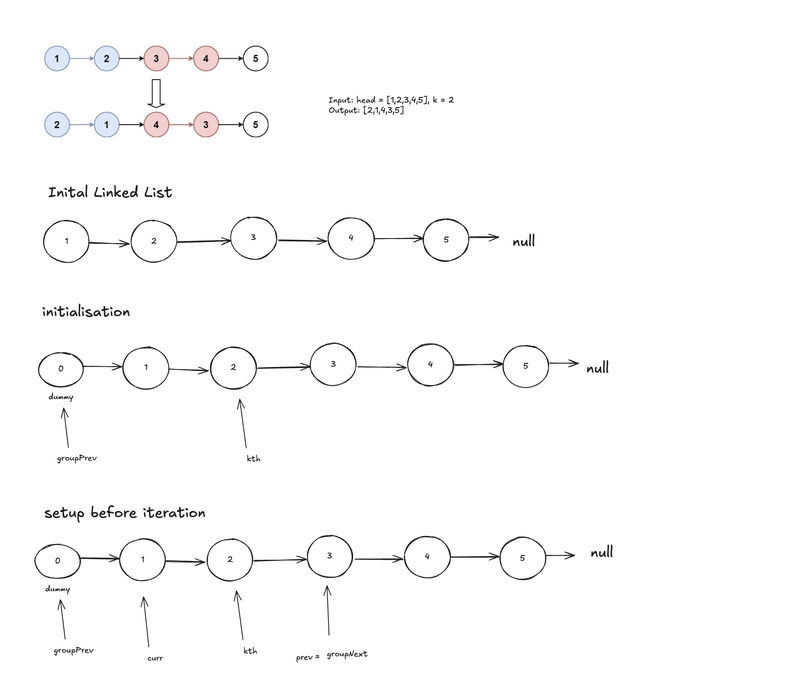














![From drop-out to software architect with Jason Lengstorf [Podcast #167]](https://cdn.hashnode.com/res/hashnode/image/upload/v1743796461357/f3d19cd7-e6f5-4d7c-8bfc-eb974bc8da68.png?#)










































































































.jpg?#)




























_ArtemisDiana_Alamy.jpg?#)



 (1).webp?#)
















































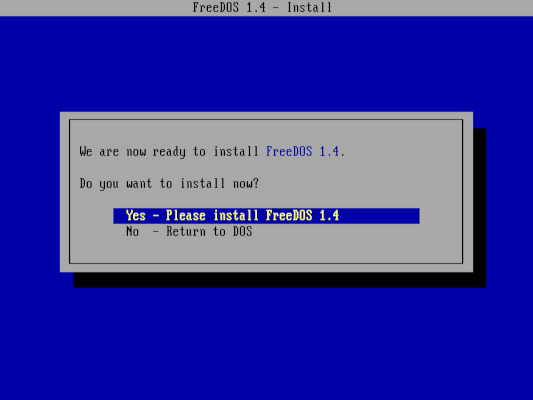





























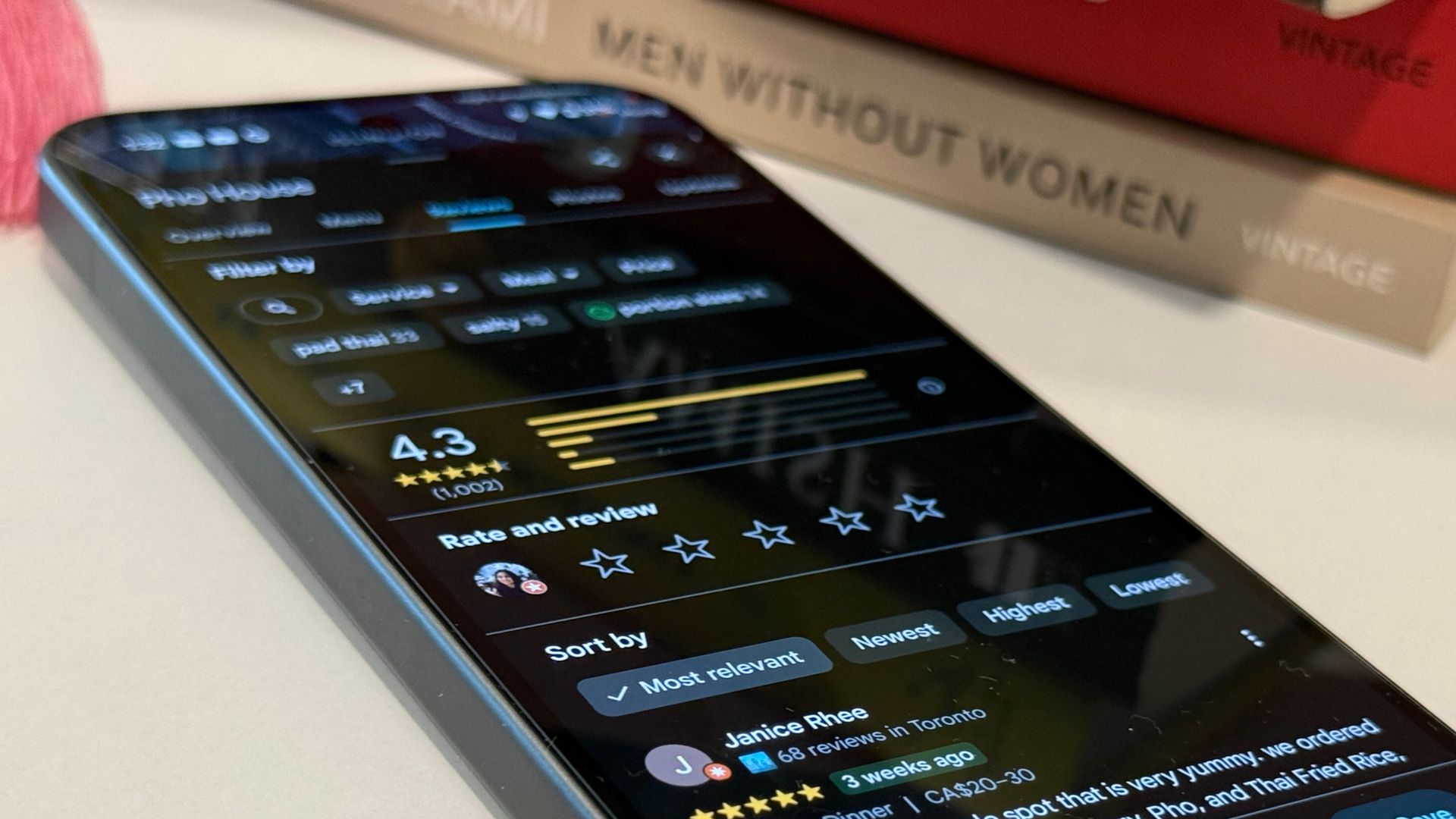


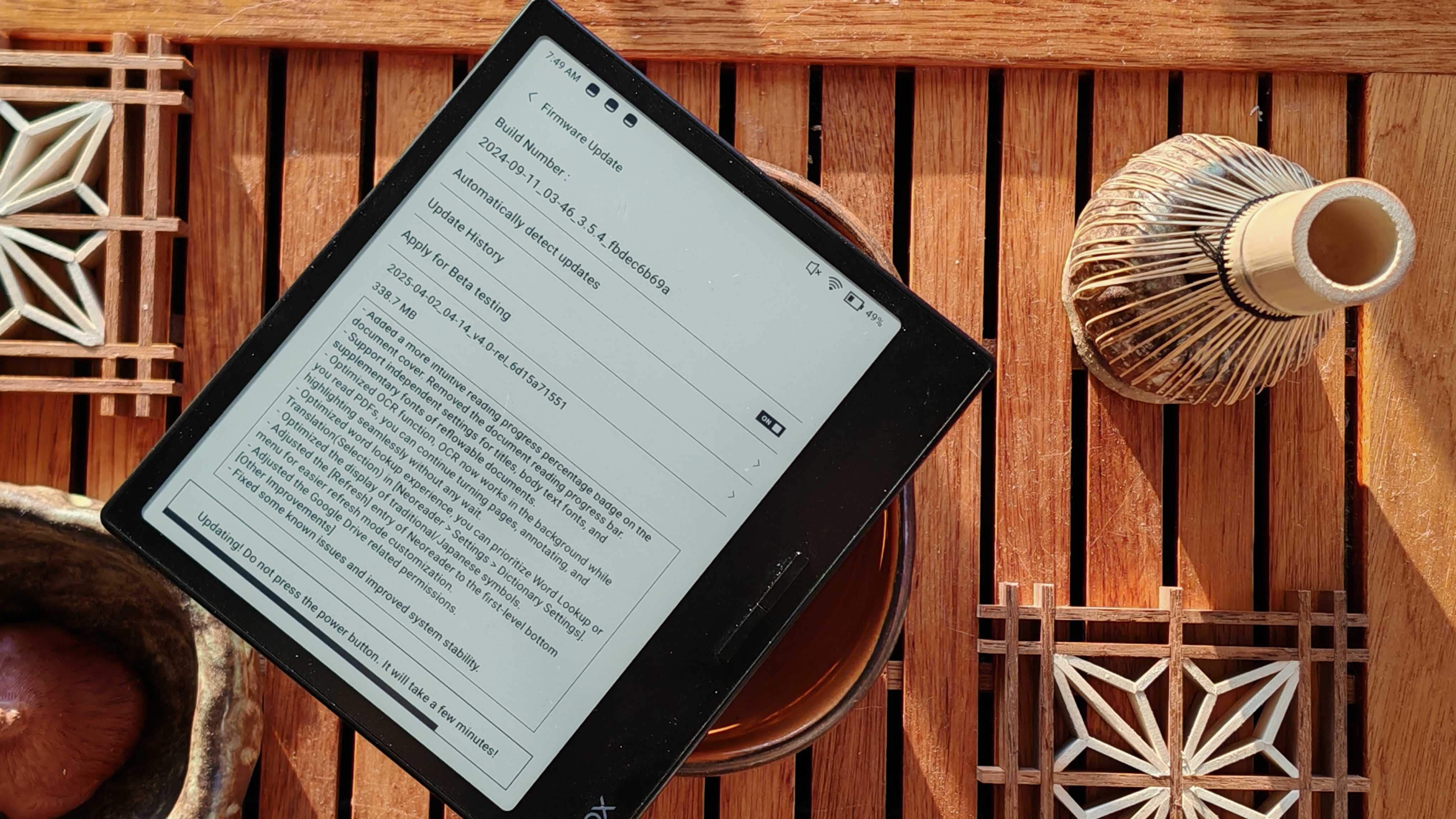






![Yes, the Gemini icon is now bigger and brighter on Android [U]](https://i0.wp.com/9to5google.com/wp-content/uploads/sites/4/2025/02/Gemini-on-Galaxy-S25.jpg?resize=1200%2C628&quality=82&strip=all&ssl=1)










![Apple Vision Pro 2 Allegedly in Production Ahead of 2025 Launch [Rumor]](https://www.iclarified.com/images/news/96965/96965/96965-640.jpg)


![New iOS 19 Leak Allegedly Reveals Updated Icons, Floating Tab Bar, More [Video]](https://www.iclarified.com/images/news/96958/96958/96958-640.jpg)







































